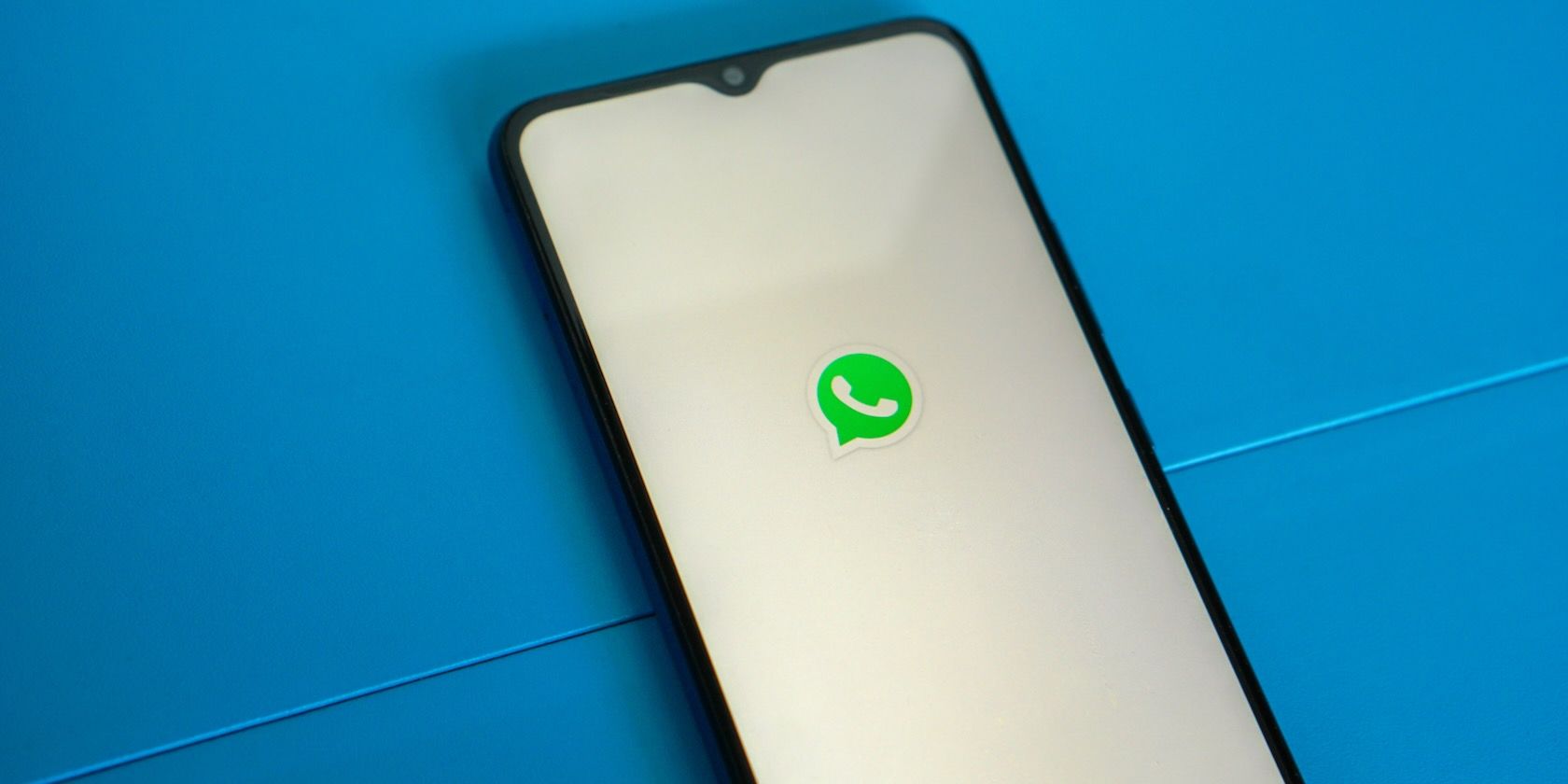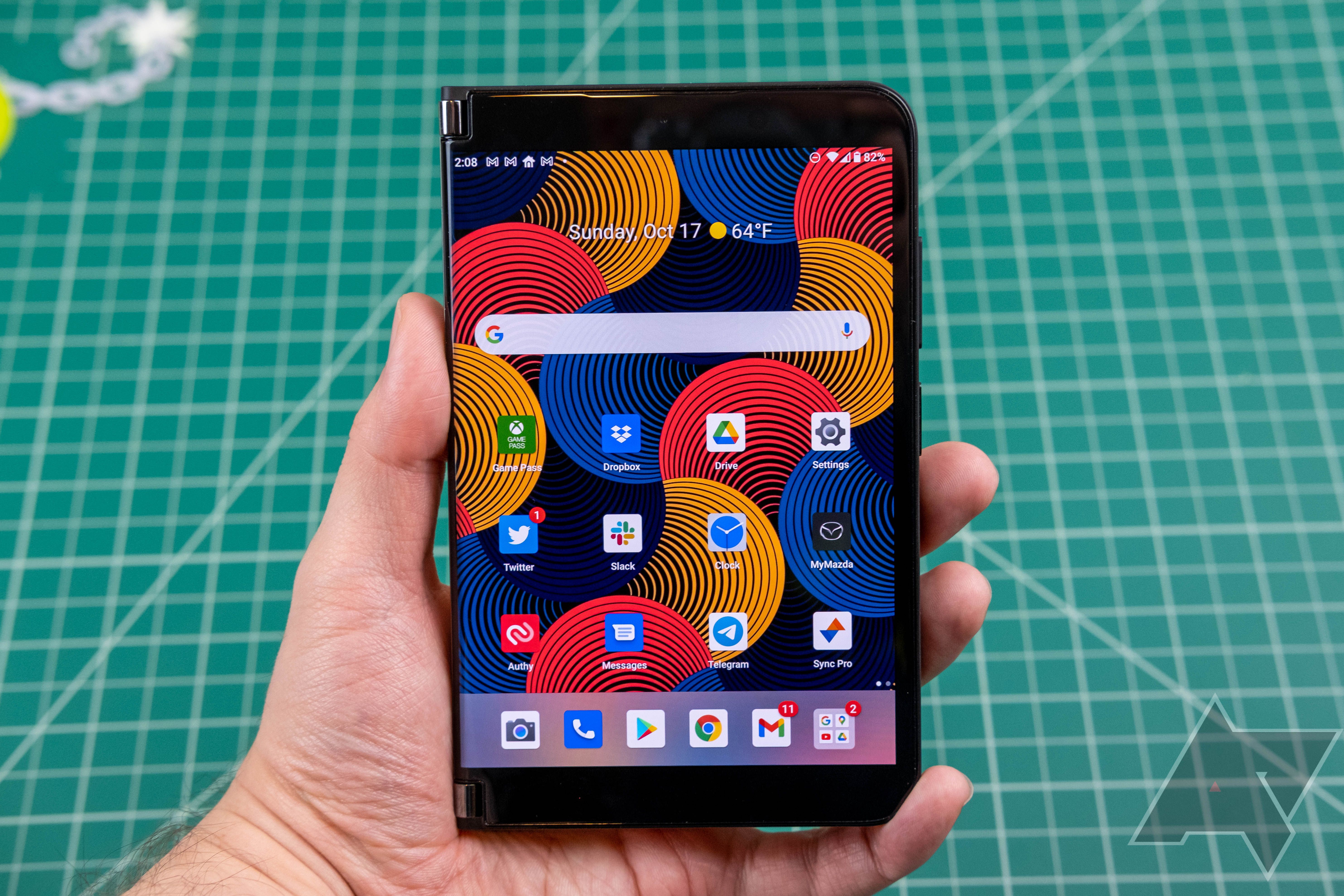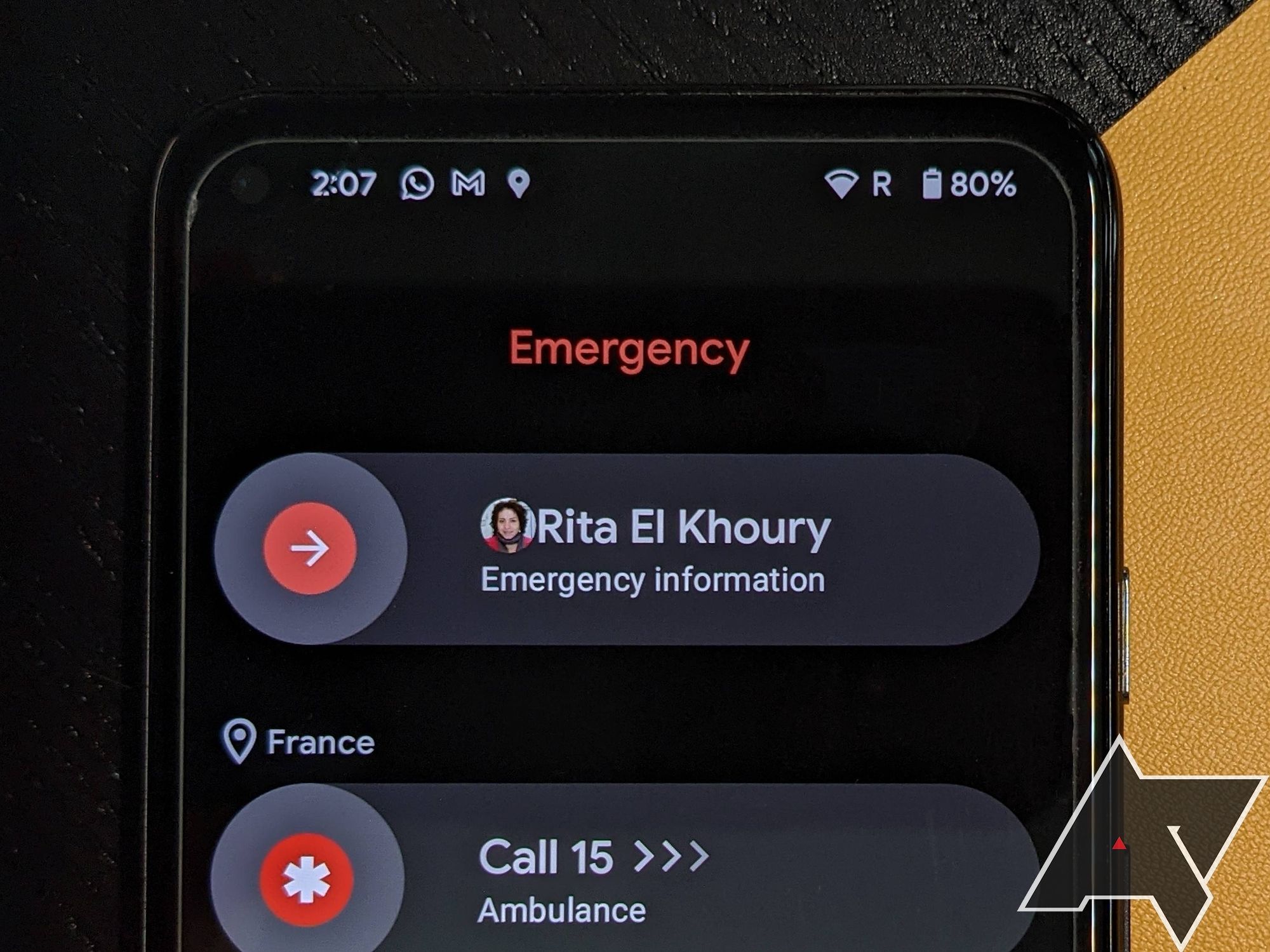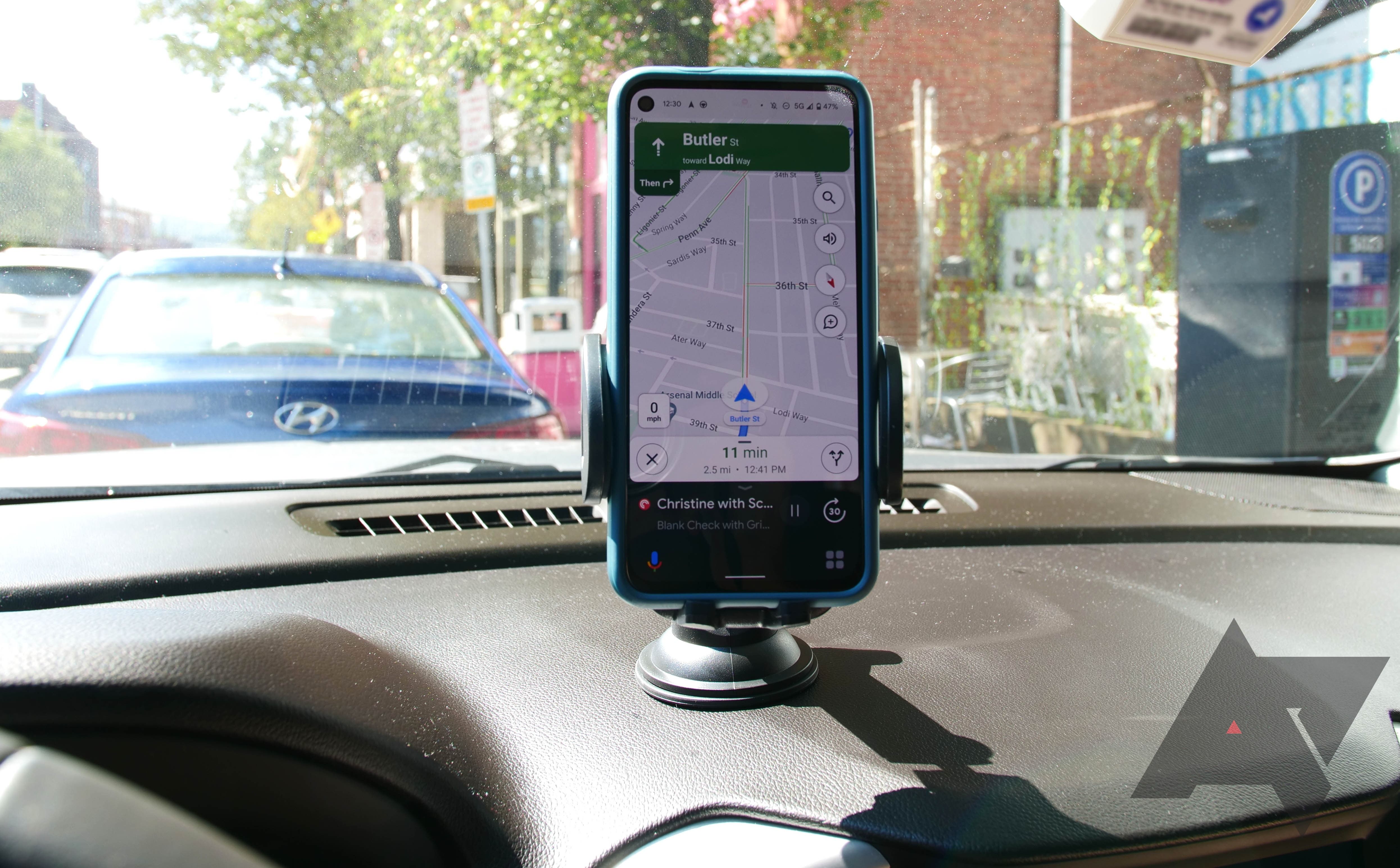With the end of the year fast approaching, it's always a fun exercise to look back at the best and worst of the last twelve months. We're not about to say 2021 was a "good" year by any particular metric (have you opened a newspaper lately?), but plenty of fun things happened — especially in our tech-centric corner of the world. Too bad this particular article isn't about any of those things. Here are some of the biggest tech fails of 2021.
Everything Facebook touched
Count me in as one of the people who refuses to take the "metaverse" seriously. Mark Zuckerberg's latest obsession has grown so deep, he even renamed his company after it, following in the footsteps of the Google-Alphabet split of 2015. An awkward press conference with questionable CGI elements gave the internet at large plenty of ammunition for jokes and memes, but it also made the word "metaverse" something everyone has to pay attention to — even as we roll our eyes at it.
Of course, the Meta rebrand also helps people forget about all the awful actions and accusations the company faced throughout 2021. Right off the bat, this year kicked off with an updated privacy policy for WhatsApp that — putting it lightly — no one liked. It was an agreement that would aggregate user data across all of the company's various apps. The reaction was so negative, users flocked to Signal and Telegram in droves. WhatsApp began to kill features for anyone who hadn't accepted the new policy, with plans to eventually block the chat list completely. While the company stopped harming its users' experiences after a couple of weeks, it never undid those controversial changes to its app.
Then there was the whistleblower. In October, a then-unnamed ex-Facebook employee began leaking information about controversial policies within the organization. Frances Haugen, who worked at the company from 2019 to April of this year, delivered detailed accounts about — among other things — the service's alleged responsibility for the January 6th Capitol riots, how its algorithm utilizes and stokes anger to drive up engagement, and how a third of teenage girls on Instagram have body image issues after signing up for the app.
On their own, any of these three stories would give Facebook a bad look. Together, they all add up to a platform demonstrating a significant lack of awareness and care for its user base. But hey — Meta. New name, new public image, same old near-inescapable social media giant.
Samsung Galaxy S21 FE
Back in April, our coverage of the first Galaxy S21 FE leak ended with the following thought:
There's no word on when the phone will be announced, but we can expect it to arrive earlier than the S20 FE did last year — maybe July or August?
Nearly eight months later, we have yet to hold the phone in our hands. At this point, an early 2022 launch seems all but certain, though it's hard to say anything concrete about a device that, at one point, was rumored to be canceled entirely. It's hard to blame Samsung for this. Supply chain issues and — perhaps more pressing — a global semiconductor shortage have made launching anything with a microchip harder than it needs to be, with the Galaxy S21 FE getting hit the hardest. But hey, CES 2022 is right around the corner. Who knows what the future holds for Samsung's would-be Pixel 6 killer.
More outages than you can count
It turns out building half of the entire web off of one single cloud computing service might not have been the best decision for reliability. AWS has had three major outages over the last several months, with smaller interruptions also occurring occasionally. From gaming giants like Steam, to Disney parks, and —of course— Amazon's own shipping system, AWS is essential to keeping the internet running as usual. If 2022 follows this trend, we might be looking at a much buggier internet than ever before.
Of course, AWS isn't the only platform having issues. Facebook's lineup of apps, including Instagram and WhatsApp, ran into several outages this year. TikTok and Reddit also had a couple of periods of downtime, and at one point, smart home platform Wink was offline for more than a week before complaints from its user base finally garnered some attention. It seems like outages are becoming more and more like the norm with each passing day, but with so many people still working remotely, they could cause more disruptions than in the past.
Robinhood
The Gamestop stock kerfuffle feels like it happened two thousand years ago, but really, it's only been eleven months. The "to the moon" movement kicked off a rocky 2021 for Robinhood, as the app quickly — and controversially — halted trading on meme stocks like GME. This action earned the app thousands upon thousands of one-star Play Store reviews and landed the company in hot water with the US government.
As if that wasn't bad enough, Robinhood made its public debut this year to a massive thud on the stock market, dropping about eight percent on its first day and having reached an all-time low earlier this month. To top it all off, the company faced a data breach in November, with the names and email addresses of millions of users leaked online. Of course, Robinhood wasn't the only service to allow its customers' information to slip into the wrong hands.
T-Mobile's data breach
No year can pass by without a massive data breach that affects millions of people, and in 2021, it was T-Mobile's turn. Current and prior subscribers alike fell victim to this hack, with names, phone numbers, PINs, and IMEI information all involved. As usual, the company offered theft protection to those afflicted. The 21-year-old hacker who managed to hack into the system called T-Mobile's security "awful," but with any luck, this terrible experience for everyone involved turned into a great teaching lesson for one of the three biggest carriers in the US.
Microsoft's Surface Duo… duo
Oh man, the Surface Duo. Microsoft's first real foray into phone hardware hit store shelves last fall, offering potential buyers a dual-screen experience unlike any other. Unfortunately, it wasn't very good. Software updates promised to fix at least some of the bugs users had found, but the big Android 11 update has lingered on the horizon for so long, we're starting to think it doesn't exist. A summer 2021 launch felt would've been considered late already — we were already running late-beta Android 12 at that point — and when the leaves started to turn, all we were left with was a vague "end of 2021" due date. Well, unless Microsoft has a last-minute Christmas gift sitting under the tree, it doesn't look like it's going to make it. Credit where credit's due: the company has kept the device updated with security patches.
You know what does run Android 11, however? The Surface Duo 2, a device no one asked for but Microsoft chose to release anyway. It's frustrating to see Android 11 on this handset without any inkling of when its predecessor might be upgraded, but hey — at least that's some semblance of progress. Unfortunately, despite some improved performance and excellent Game Pass integration, the Surface Duo 2 isn't much better than the first-gen release. At $1,500, it's a hard sell.
Wear OS 3
Smartwatch fans rejoice — 2021 was your time to shine. After years of Google ignoring its wearable OS, Wear OS 3 arrived to shake up the ecosystem. New apps, fresh hardware, and even a partnership with Samsung — it was all coming together. That is, until Google announced current-gen watches wouldn't get new software until next summer. If you aren't interested in grabbing the Galaxy Watch4, your choices are pretty limited. By all accounts, Wear OS 3 is actually pretty great — even if it's currently buried by a custom One UI skin — but the rest of us will have to wait until next year to try it for ourselves.
Matter's delay
If you're trying to mix smart home ecosystems together, you're in for a frustrating experience. Project CHIP — a promised solution that would allow all of your gadgets to communicate with each other — has been in the works for two years now, but in 2021, it finally got a little more serious. With a rebrand to Matter — not to mention a reaffirmed partnership between some of the biggest companies in the smart home space — it seemed like this would be the year where thermostats, light bulbs, and speakers all started to work together. Google even spoke about Matter at I/O just a week later, seemingly confirming it'd be ready for rollout this year.
And then, of course, it got delayed. Just three months after its unveiling, Matter confirmed its SDK would launch sometime in the first half of 2022. That window leaves plenty of space for this long-awaited universal standard to surprise us with an early launch — or, you know, to disappoint us with yet another setback. Maybe someday Matter will matter, but in 2021, it stayed a pipe dream.
Android's 911 bug
It's hard to think of a more crucial failure this year than when one Reddit user realized his Pixel 3 couldn't call 911 during an actual emergency. What seemed like a phone-specific problem — perhaps another Pixel-exclusive bug — turned out to be a rare-but-dangerous issue with how Android registers apps that can contact emergency services. In this specific case, Microsoft Teams caused this specific problem — with its dev team pushing out an update to stop it from happening — but the ultimate fix lies with Google. The company has promised to address it next month, likely as part of the January bug fix.
OnePlus
Oh, OnePlus. Where to start? Despite both of its flagship phones earning positive reviews from AP this year, this summer's confirmation that the company had throttled the Snapdragon 888 processor powering them really deflated the "Never Settle'' slogan that continues to drive its releases. While some users might ignore claims of reduced performance, it's tough to ignore OnePlus's struggles with updates. Though the company improved its upgrade schedule this summer, it only matters if the software isn't rendered unusable with bugs. OxygenOS 12 hit the OnePlus 9 and 9 Pro faster than most likely expected, but the OTA ended up getting pulled after phone owners spotted some severe problems. A new patch has finally made its way out to users, but even still, not everything's been fixed.
Even then, some people might choose to keep their legacy OnePlus phones on OxygenOS 11. The decision to merge codebases with ColorOS has seen its fair share of controversy, even if OnePlus has yet to really change the software in day-to-day use.
And of course, we'd be remiss if we didn't mention the dumbest thing OnePlus did all year: a goofy promotional tactic teasing a "foldable" phone on the eve of the launch of the Galaxy Z Fold3. We expected to see some much-needed competition for Samsung in this space; instead, we got a poor excuse for a buy-one-get-one deal on two OnePlus 9 devices. Needless to say, we expect better.
TCL's Google TVs
We were pretty excited to learn about TCL's plan to start selling its excellent (and affordable!) TVs with Google's latest home theater software rather than Roku's. Unfortunately, once these sets hit store shelves, Best Buy was flooded with complaints of sluggish performance, app crashes, connectivity issues, and even complete lock-ups. So, in December — arguably the most important time of the year for TV manufacturers — Best Buy pulled the sets, making them unavailable while TCL continued to work on software fixes. The company managed to get them back up for sale days before Christmas, but at that point, shoppers had likely looked for alternatives from Samsung, LG, and Vizio.
Leaks
There's no doubt this particular category is an evergreen topic in annual roundups of the year's biggest failures, but it's still worth pointing out. From the Pixel 6 to Samsung's slate of foldables and everything in-between, leaks kept any major Android company from delivering any real surprises to customers in 2021. For some, that's a good thing — knowing what's coming down the pipeline can help you make a better decision on when to buy a new phone. But for those readers who enjoy being surprised throughout the year, it just wasn't meant to be.
Android in the car
Android Auto for phone screens has been on life support for some time, as Google continued to work on a replacement in Assistant Driving Mode. With Android 12, using the legacy app is no longer an option, with all drivers pushed to Assistant's new UI. As we learned in our hands-on, it's not a complete disaster; its updated look and feel is far more modern than what came before. But without the ability to use it in landscape and missing support for navigation apps outside Google Maps, it's inarguably a downgrade from Android Auto.
It's not the only car-friendly UI to shut down this year. Spotify's Car View was recently retired, with the company promising to introduce new "innovations" in this space eventually. With Car Thing being a disappointment, hopefully, something better — and software-based — comes along to fill this gap. Either way, drivers lost two methods for safely using their phones in the car this year.
Nest
Oh, Nest — how the mighty have fallen. Our excitement for new camera hardware from Google's smart home branch quickly dwindled when we realized it wasn't up to snuff with the competition. It's bad enough that Nest's latest security cams basically require a subscription plan to function. When you throw in a price tag several times higher than similar units from the likes of Wyze and Blink, you have to wonder why anyone would choose a Nest product at all. Here's hoping future gadgets from the company see some big improvements.
Whew, what a year. As bad as all of this sounds, I wouldn't chalk up 2021 to being a complete failure. There were plenty of gadgets to get excited about this year — including many that we reviewed and crowned with editor's choice awards. I'm excited to see what disappointed our readers in 2021, though, so leave a comment below with what really bummed you out — you know, besides the obvious everything.
















